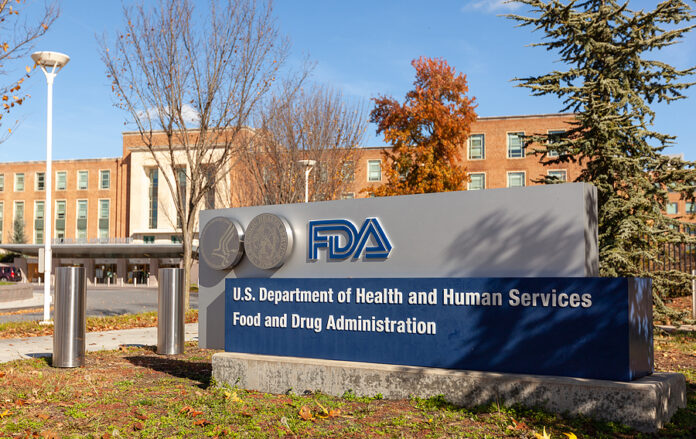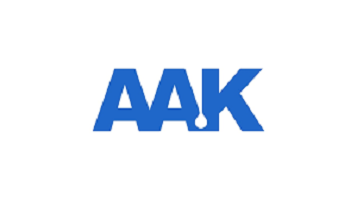
If you’ve ever dated, chances are, you’ve been on a bad date. Why? Because dating is hard! It can be simultaneously exhilarating and frustrating, and the vulnerability of even entering the dating pool can be challenging and intimidating.
Before dating apps, dating was even harder because it meant relying on your friends for a blind date or hoping to meet someone at a bar, at work, or through a chance encounter. There are great love stories where someone organically found their soulmate, but there have also always been bad dates, crazy stories, and mismatches.
This is why so many people were willing to give the first dating sites a try–a place with other eligible singles all looking to make connections made this massive search much easier. And soon, more singles joined because they worked! Millennials, of course, initially shunned dating sites, but the advent of Tinder changed that. Today, dating apps are no longer novel–nor are they unproven–as recent surveys say they are now the number one way people meet, and nearly 70% of individuals who met someone on a dating app said it led to a romantic, exclusive relationship.
Now, with a majority of adults having some experience with online dating, we have entered a new era where a small sample size of experiences is constantly framed as a harbinger for the end of online dating. Gen Z singles are the first generation that is radically transparent about sharing bad dating experiences with millions of followers on social media, something that historically has been reserved for close family and friends.
Because these stories are fodder to build a TikTok following, we are seeing a distorted perception that more experiences are negative because they are the loudest. The shared homes, wedding vows, and growing families that resulted from a dating app don’t tend to go viral, but they are just as prevalent.
It is confounding to see anecdotes presented as somehow being representative of an entire generation’s views on dating and presented as a broken system, when in fact data definitively shows that for more people than ever, dating apps do work.
Apps make meeting new people easier and less intimidating. Unlike social media platforms, dating apps are not designed to maximize your time on the platform. The business model does not rely on ad revenue to be successful so optimizing for engagement doesn’t provide a benefit. The ideal scenario for a Match Group company is that users meet their partner on one of our dating apps, delete the app, and then tell all their friends about it.
For members of the LGBTQ+ community, dating apps have proven to be vital, sometimes being the first space where they can come out, before telling friends and family. The scary reality for many in the LGBTQ+ community, particularly those in parts of the country or the world where hard-fought-for protections and broader acceptance are being eroded, is the knowledge that there may be real-world harms or risks to being your authentic self.
More than 60% of LGBTQ+ couples meet online. A recent Pew Research Center study on LGBTQ+ dating found that Tinder is the most common app among lesbian, gay, and bisexual women users–six in 10 say they’ve used it.
The important role dating apps play for the LGBTQ+ community is also about remaining relevant for a new generation. A larger percentage of Gen Z adults identify as LGBTQ+ than any previous generation.
Dating apps also provide opportunities to significantly expand beyond an immediate social circle and engage with individuals you may never have crossed paths with otherwise.
A University of New Mexico study found that couples who met online are more likely to be interracial, interreligious, and from different educational backgrounds. With the ability to be so selective, it’s not surprising that data shows meeting online can lead to happier and more enduring marriages.
Simply put, the idea that online dating is ruining the dating experience or has somehow been so commodified that it can’t be saved is silly. It is easily disproved by the millions of success stories we are all surrounded by. We are working hard to make dating more fun and efficient. But most people have to go on a lot of mediocre, boring, and less-than-stellar dates before they find “the one.”
Dating apps have come a long way towards creating an experience that works for everyone, and a space where you can look for meaningful connections no matter who you are or who you love, but there is more work to do to try and make dating better. Setting up the perfect match may be an imperfect science, but dating apps are far from being the obsolete platform they’re sometimes portrayed to be. Just ask your favorite couple.
Bernard Kim is the CEO of Match Group.
More must-read commentary published by Fortune:
The opinions expressed in Fortune.com commentary pieces are solely the views of their authors and do not necessarily reflect the opinions and beliefs of Fortune.
Credit: Source link













